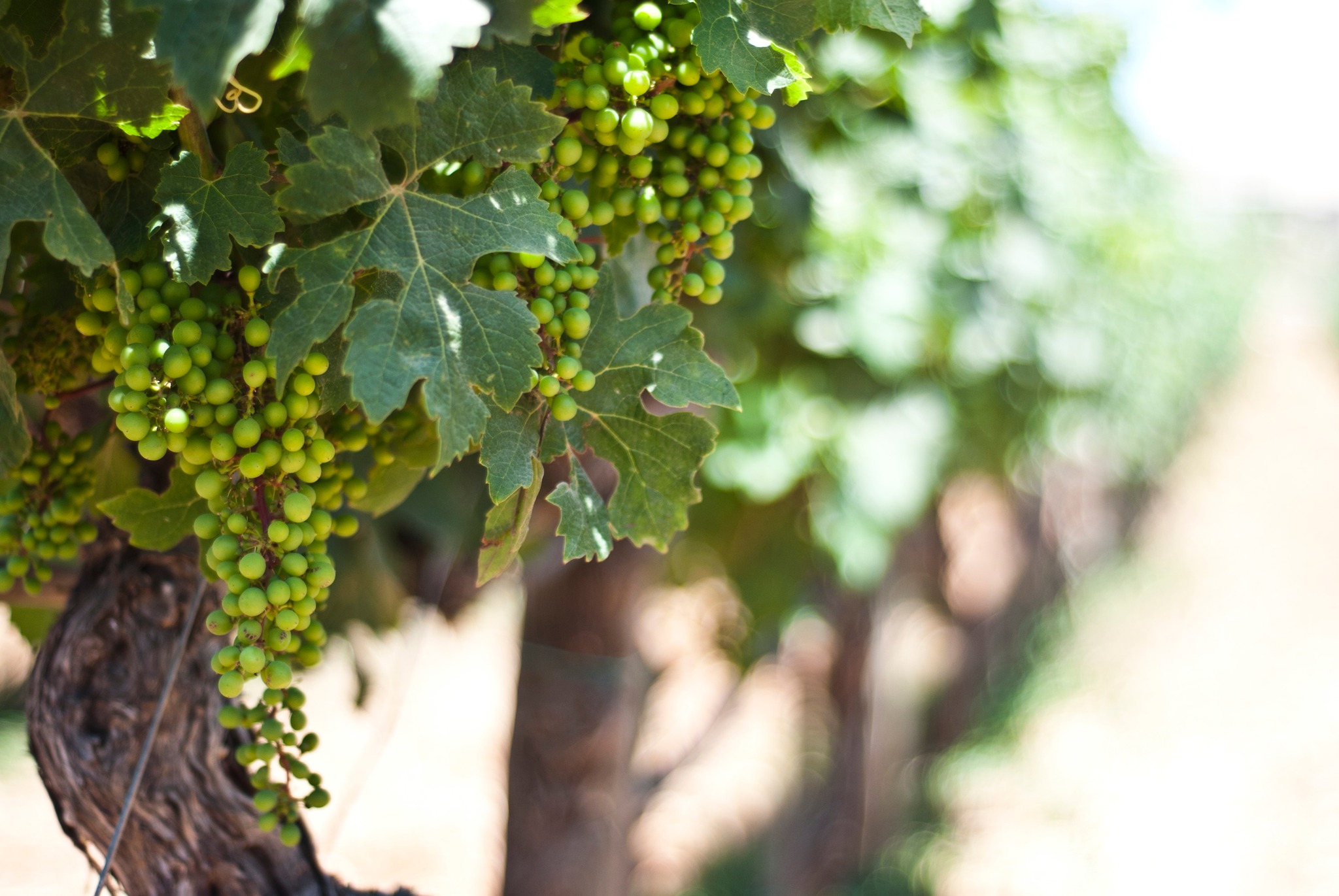Marsovin Winery CEO Jeremy Cassar has shed light on the effect that climate change has had on the production of wine this year, most notably affecting indigenous varieties.
Minister for Agriculture, Fishing, and Animal Rights Anton Refalo earlier this week officially opened the local grape-picking season for the production of wine. Certain grape varieties matured later than usual, particularly due to an increase in rainfall. However, this was also met with a heatwave in July, which placed grapevines under a significant amount of “stress”.
When contacted by this newsroom about climate change’s impact on production levels, Mr Cassar stated that “every vintage has its own story to tell”.
“This year, the climate did not work in our favour as opposed to last year, which was an exceptional one in terms of yield quantity,” he explained.

Vines were also threatened by the negative effects of Peronospora, a fungal disease that is caused by excessive humidity during what he described as the “critical phases of grape development”. This disease, also referred to as downy mildew, is a highly destructive disease that is mostly noticeable from the lower leaf surface, where white, lavender or grey spores are produced, and if left untreated, can result in the death of large parts of the leaf.
“Oddly enough, the most impacted by climate change are the indigenous varieties. The Ġellewża, Malta’s indigenous red variety, followed by Girgentina, Malta’s indigenous white variety,” Mr Cassar said.
Asked whether Marsovin Winery have any measures in place to pre-empt the effects of climate change, he remarked that its experience with the climate varies “from year to year”.
He noted that there are patterns in the climate that “have already been experienced”. As an example, he said that this year’s heatwaves have taken place “many a time in Malta, especially in the 1990s”.
“One measure which has been in place in Malta for many years now is drip irrigation in situations when rainfall is not sufficient,” he added.
Changes in the pattern of annual periodic precipitation is the “major effect of climate change” that can be witnessed by winemakers, he said.
“Rainfall was evenly spread throughout winter and autumn in the past, where in recent years it occurred more sporadically,” Mr Cassar explained.
This is an effect that is being felt “more significantly” in central and northern Europe, he said, as temperatures there have “risen to a point whereby regions like the UK are able to make quality wine, as opposed to the climate of 30 to 40 years ago”.
Originally established in 1919 as Anthony Cassar and Son by Mr Cassar’s great-grandfather, the company was then incorporated in 1956 as Marsovin. Mr Cassar is the fourth generation to lead the winery, which has expanded from operations in Marsa to multiple estates across Malta and Gozo. He joined the family business after earning bachelor degrees in marketing and management from Bournemouth University, and also pursued wine studies at University of Bordeaux.
Featured Image:
Marsovin Winery / Facebook
Malta team is RS2’s ‘technological engine’ says CEO amid Visa USA partnership
Radi El Haj spoke to MaltaCEO.mt about RS2’s recent collaboration with Visa USA Inc.
7 ways self-awareness can instantly improve your presentation skills
The path to presentation excellence begins with self-awareness.
Alison Micallef appointed CEO at Malta Development Bank
She steps into the new role effective immediately.
Impact beyond profit: CSR in Malta is a must in 2025
Nowadays, corporate social responsibility can no longer take a backseat in your business's vision.









